## More Than Just a Game: UNC Charlotte Researcher Uncovers the Hidden Health Benefits of Disability Sports Forget the image of athletes pushing their physical limits, this isn’t your typical victory story. We’re diving deep into the world of disability sports, where passion, resilience, and groundbreaking research collide. At the forefront of this fascinating field is a UNC Charlotte researcher who’s shining a light on the surprising health outcomes for athletes with disabilities. Get ready to discover how playing these sports can lead to more than just medals – they can unlock a path to better overall well-being.
Implications for Athletes and Coaches
Injury Prevention Strategies
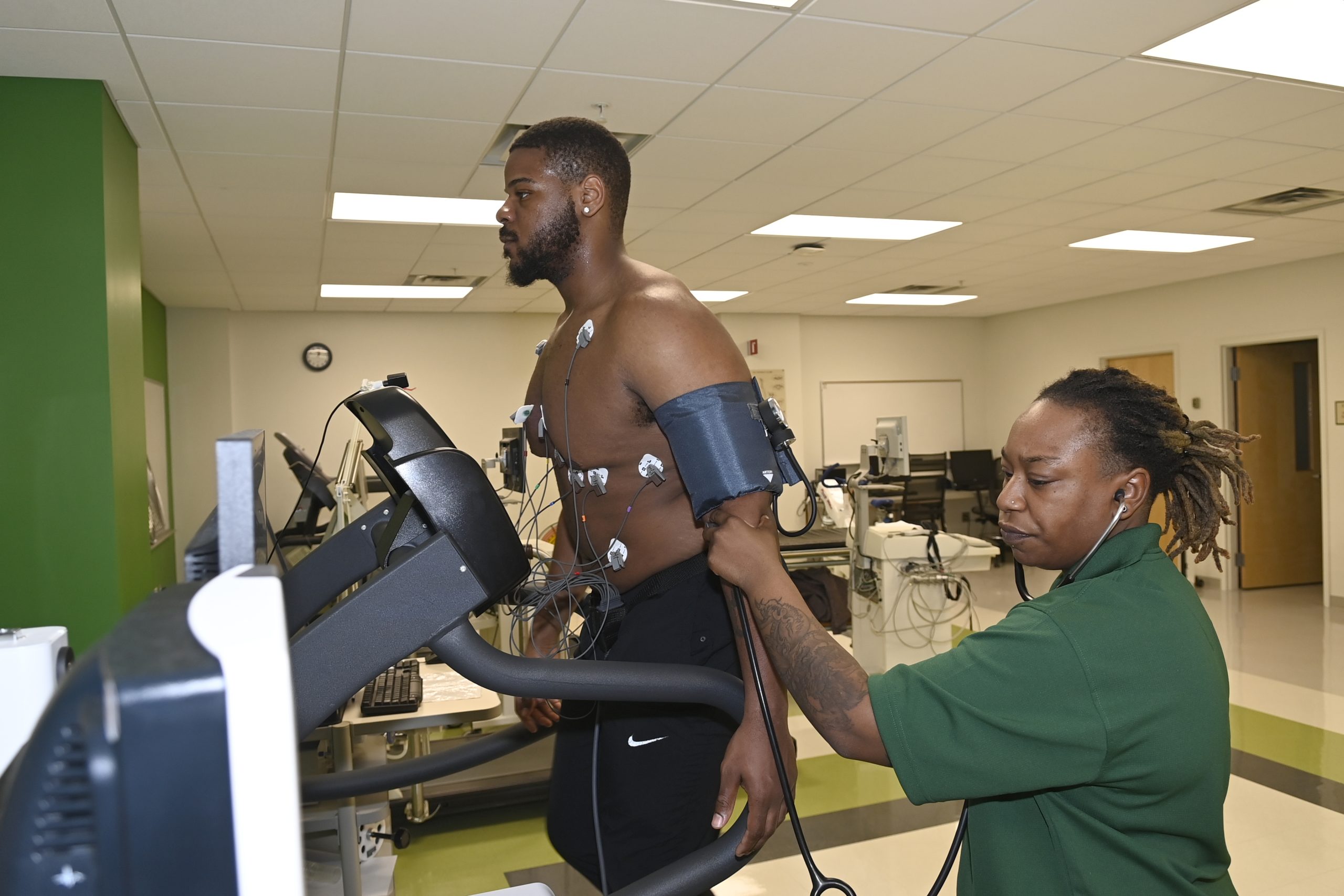
Injury prevention is a critical aspect of adaptive sports, given the unique challenges faced by athletes with physical impairments. Professor J.P. Barfield’s research at the College of Health & Human Services (CHHS) at UNC Charlotte has highlighted the significance of developing tailored injury prevention strategies, particularly focusing on concussions. The study found that concussion rates among athletes playing wheelchair rugby and other disability sports are higher due to the nature of these games, involving high-impact collisions. Barfield recommends that athletes and coaches implement advanced protective gear and regular neuropsychological screenings to monitor and prevent concussions. Additionally, the research suggests that integrating specialized training in injury recognition and response can significantly reduce the risk of severe injuries.
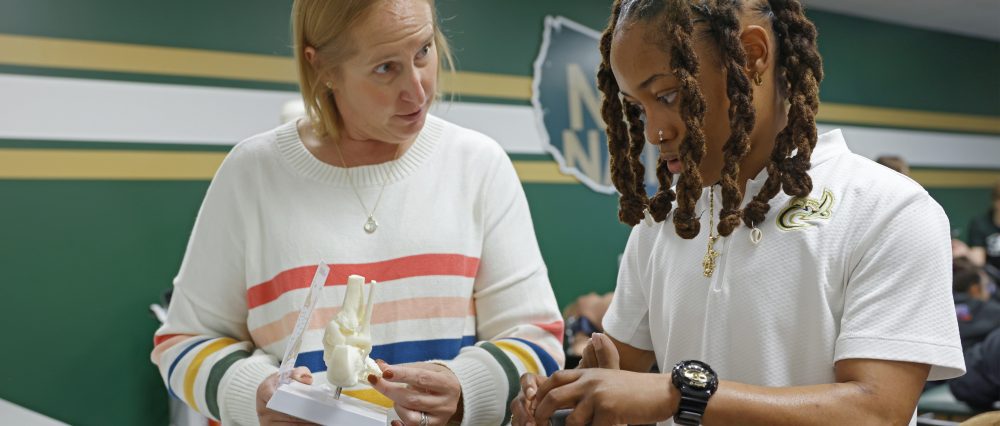
Training and Coaching Techniques
To enhance safety and performance, coaches must adopt innovative training and coaching techniques that cater to the specific needs of athletes with disabilities. The CHHS study emphasizes the importance of a holistic approach that includes physical, psychological, and social aspects of training. Coaches are encouraged to incorporate strength and conditioning programs that are evidence-based and tailored to individual athlete needs. For instance, the Strength and Conditioning Concentration in the Exercise Science program at UNC Charlotte, which is accredited by the Council on Accreditation of Strength and Conditioning Education (CASCE), equips students with the essential skills and knowledge to design and implement effective training programs. These programs focus not just on physical performance but also on mental resilience and social integration.
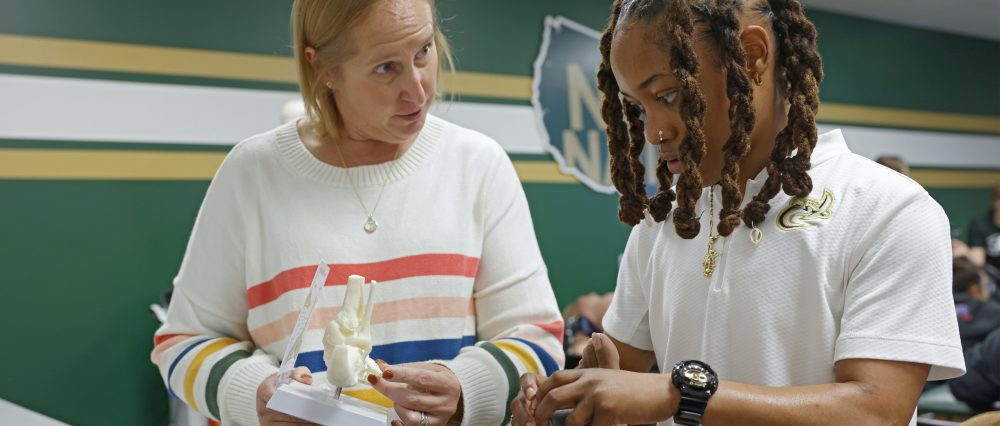
Support Systems and Resources
The importance of robust support systems and resources for adaptive sports athletes cannot be overstated. Gizmoposts24 highlights the role of supportive healthcare and community resources in ensuring athletes have access to necessary medical care, psychological support, and community engagement. The CHHS research underscores the need for accessible healthcare facilities within reach of communities with adaptive sports programs. Moreover, the research suggests that community engagement through local sports clubs and support groups can significantly improve the overall health and well-being of athletes. These support systems can help reduce the psychological burden and provide a sense of belonging and community.
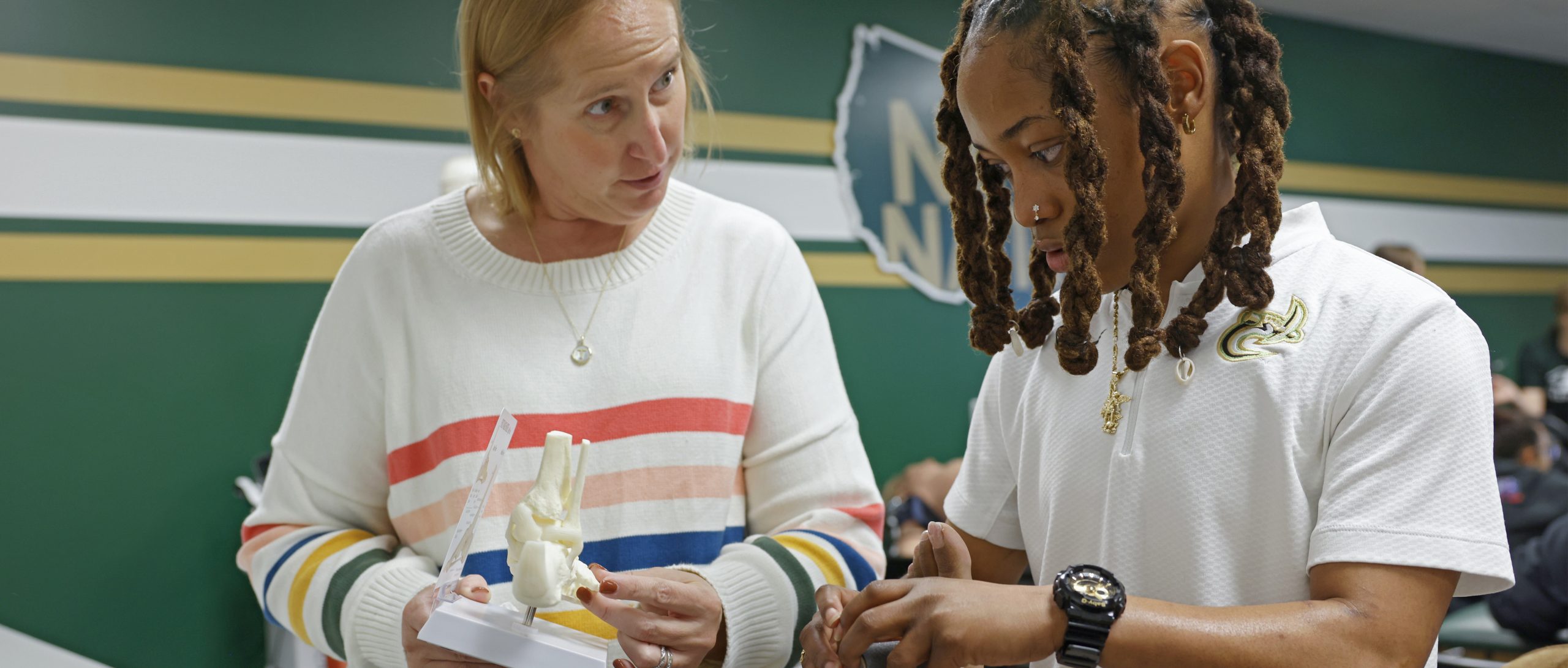
Broader Impacts and Future Directions
Impact on the Field of Adaptive Sports
Professor Barfield’s research at CHHS has significant implications for the broader field of adaptive sports. The findings could lead to the development of new policies and practices that enhance the safety and quality of life for athletes with physical impairments. For example, the research might inform new training methodologies, better equipment design, and improved medical protocols for managing injuries. This could result in more stringent guidelines for adaptive sports, emphasizing safety and well-being as paramount. The research also calls for greater awareness and education within the coaching community about the unique challenges faced by athletes with disabilities.
Future Research Opportunities
Future research opportunities abound in this field. Gizmoposts24 notes the potential for further studies that delve into the long-term health outcomes of athletes in adaptive sports, exploring how these sports impact not just physical health but also mental and emotional well-being. Additionally, research could expand to include more diverse populations, ensuring that findings are applicable to a broader range of disabilities and health conditions. Another area worth exploring is the economic impact of adaptive sports on communities, examining how these sports contribute to the economic empowerment and social inclusion of individuals with disabilities. Such studies could pave the way for more comprehensive support and investment in adaptive sports programs.
Community and Public Health Applications
The implications of this research extend beyond the realm of sports into broader public health applications. By understanding the health outcomes of athletes with physical impairments, public health officials can develop more inclusive health policies. The findings can inform the development of community-based programs that promote physical activity among individuals with disabilities, reducing the risk of chronic diseases and improving overall quality of life. Additionally, the research can influence the design of public spaces and facilities, making them more accessible and accommodating for individuals with disabilities. This not only improves the quality of life for individuals with disabilities but also enhances community cohesion and inclusivity.
Practical Applications and Takeaways
Advice for Parents and Caregivers
Parents and caregivers of athletes with physical impairments can benefit from the insights provided by CHHS research. Gizmoposts24 emphasizes that it is crucial for caregivers to stay informed about injury prevention strategies and to advocate for comprehensive medical care and support systems. Parents should encourage their children to participate in adaptive sports while ensuring they have access to the necessary protective gear and medical supervision. Additionally, caregivers should promote a supportive environment that fosters psychological well-being and social inclusion. Engaging with local support groups and community resources can also provide valuable support and guidance.
Encouragement for Athletes
Participating in adaptive sports can be a transformative experience for individuals with physical impairments. Gizmoposts24 highlights that athletes should be motivated by the numerous health benefits and social opportunities that come with such participation. It is important for athletes to take proactive steps to ensure their safety, such as undergoing regular medical check-ups and utilizing protective equipment. Athletes should be encouraged to advocate for their needs and rights within their sports communities, fostering an inclusive environment where all can participate and thrive. Engaging in adaptive sports can enhance not only physical fitness but also mental resilience and social connections.
Improving Accessibility in Sports
To make sports more accessible and inclusive, several steps can be taken. Gizmoposts24 suggests that sports organizations should invest in training programs for coaches and trainers that focus on inclusive coaching techniques and injury prevention. Additionally, facilities should be designed to accommodate athletes with various disabilities, ensuring that all can participate safely and comfortably. Community support and resources, such as accessible transportation and specialized equipment, are also vital. By prioritizing accessibility and inclusivity, sports organizations can not only enhance the performance and well-being of athletes with disabilities but also promote a more inclusive society that values diversity and equity.
Conclusion
As we conclude our article on the CHHS researcher studying health outcomes from playing disability sports at UNC Charlotte, it becomes crystal clear that the significance of this research goes far beyond the realm of academic curiosity. The study’s findings, which highlight the numerous physical and mental health benefits associated with participating in disability sports, have far-reaching implications for individuals with disabilities and the broader sports community. By examining the health outcomes of individuals with diverse disabilities, the researcher sheds light on the often-overlooked importance of inclusive sports programs in promoting overall well-being.
The study’s results also underscore the need for increased accessibility and support for individuals with disabilities, who often face unique barriers in accessing sports facilities and programs. As we move forward, it is essential that we prioritize the development of inclusive sports infrastructure, ensuring that athletes with disabilities have equal opportunities to participate and thrive. By doing so, we can unlock the full potential of the human spirit, fostering a culture of acceptance, inclusivity, and sportsmanship that benefits us all.
As we look to the future, it is clear that this research has the power to transform the sports landscape, pushing us towards a more inclusive, equitable, and healthy world. The question is, will we seize this moment to create a brighter future for all, or will we continue to overlook the potential of disability sports to uplift, inspire, and transform lives? The choice is ours, and the time for action is now. By embracing the power of disability sports, we can unlock a brighter future, where every individual, regardless of ability, has the chance to shine.
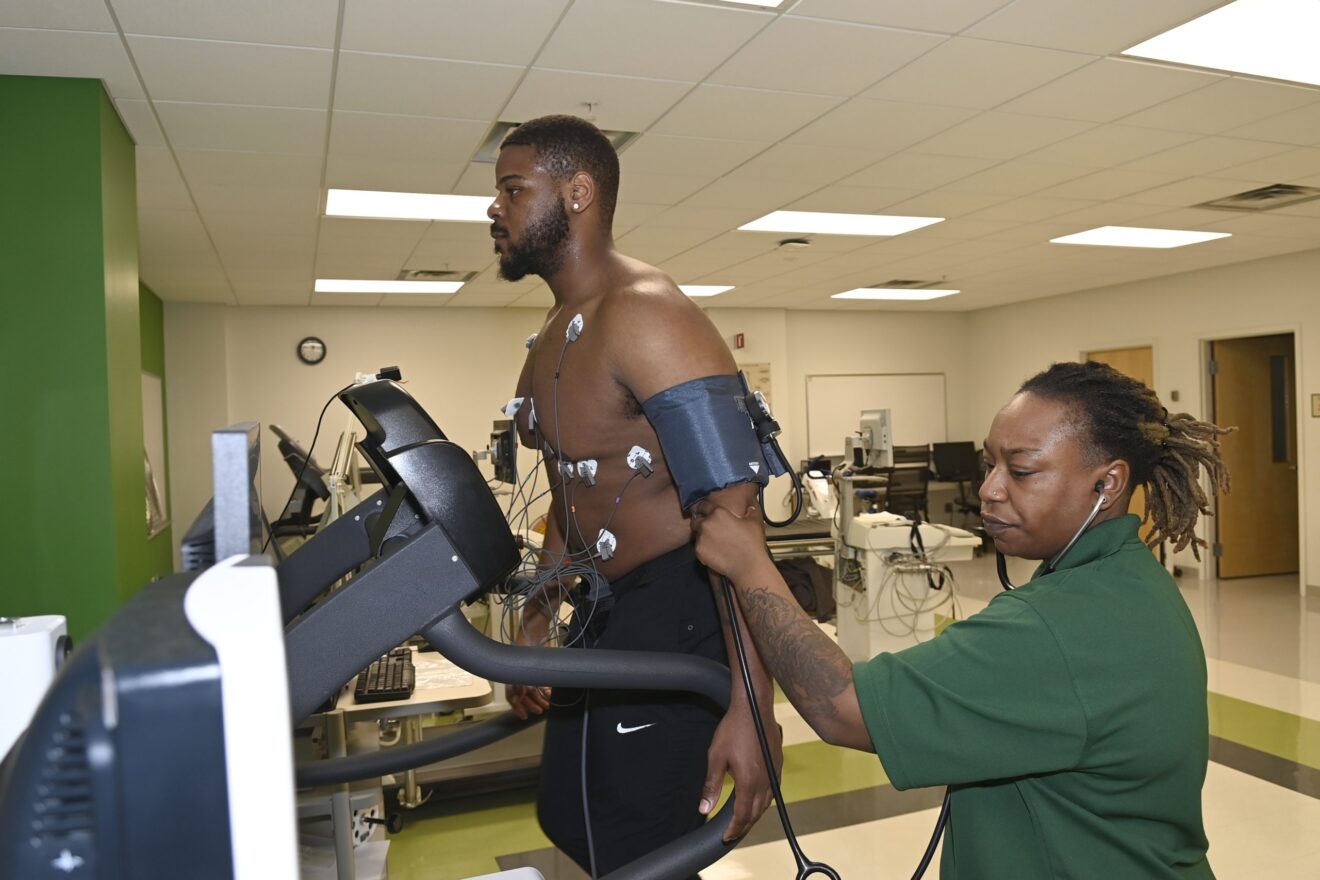


Add Comment